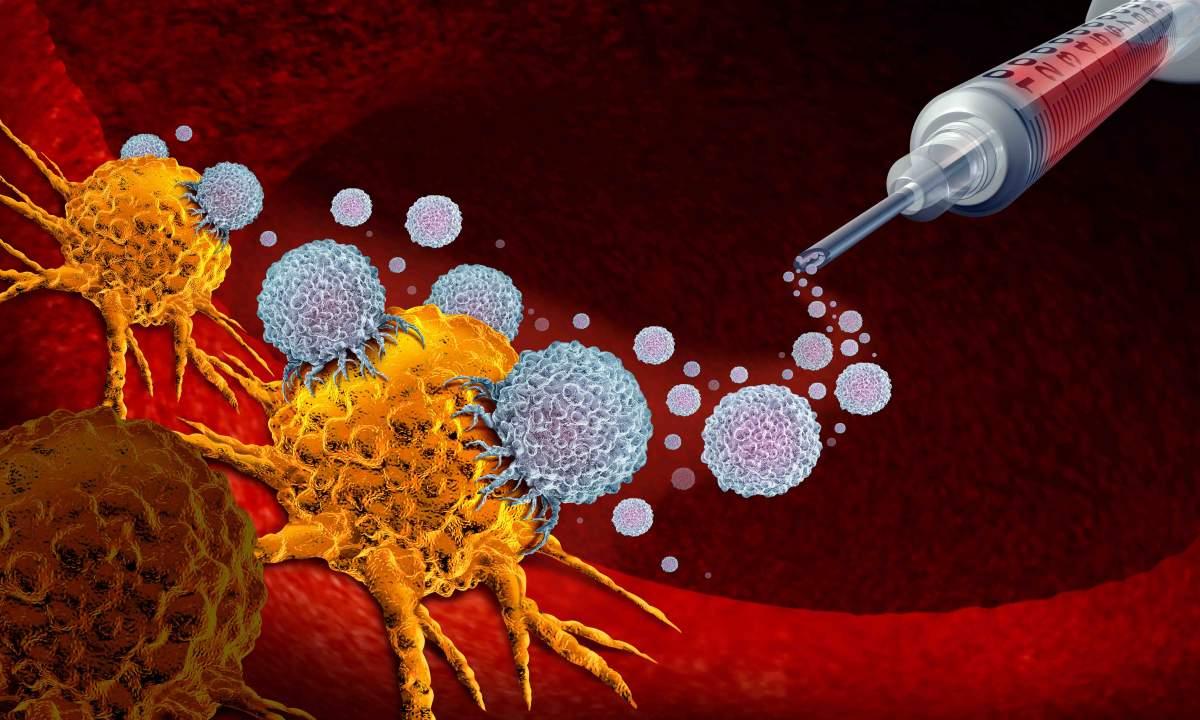Cancer has been one of the leading causes of death worldwide for many decades. While traditional treatment options like chemotherapy, radiation therapy, and surgery have helped many patients, there remain significant challenges. However, advances in immunotherapy are providing new hope by harnessing the power of our own immune system to fight cancer in innovative ways. Immunotherapy drugs are revolutionizing cancer treatment and giving patients more options.
What are Immunotherapy Drugs?
Immunotherapy, also called biologic therapy, works by helping or restoring the ability of the immune system to better identify and attack cancer cells. Immunotherapy drugs are a class of medicines that fall under this approach. There are several types of immunotherapy drugs that work through different mechanisms, but they all aim to boost the body's natural defenses against cancer.
Some common Immunotherapy Drugs include checkpoint inhibitors, cancer vaccines, monoclonal antibodies, and CAR-T cell therapy. Checkpoint inhibitors help immune cells called T cells better recognize and attack cancer. Vaccines work to stimulate or restore immunity against specific cancers. Monoclonal antibodies are artificially created antibodies that target specific proteins on cancer cells. CAR-T cell therapy involves genetically engineering a patient's own T cells to better target and kill cancer cells.
Promising Results Across Many Cancer Types
Since the first immunotherapy drugs were approved in the late 1990s, research has expanded dramatically. Clinical trials have shown these drugs can produce durable responses across many cancer types, including those typically hard to treat like melanoma, lung cancer, kidney cancer, bladder cancer, head and neck cancer, Hodgkin's lymphoma, and more.
For example, checkpoint inhibitors that target PD-1 and PD-L1 have become a new standard of care for various advanced cancers, achieving response rates as high as 40-50% in some studies. Researchers are also studying combinations of different immunotherapy drugs to enhance effectiveness. CAR-T cell therapies have generated complete remission rates over 80% in aggressive blood cancers like acute lymphoblastic leukemia.
Some key attributes of these promising results include responses seen in some patients whose cancer had spread widely, responses that lasted years in some cases, and overall survival benefits versus standard therapies alone. Immunotherapy drugs also tend to have different and usually milder side effect profiles compared to chemotherapy. Their growing success has transformed the outlook for many cancer patients.
Future Potential and Ongoing Challenges
While immunotherapy has made remarkable advances, there is still room for significant improvement. Not all patients adequately respond, and some eventually become resistant. Researchers are working on strategies to make these drugs more effective for non-responsive tumors, enhance duration of response, and combine immunotherapy with other targeted therapies.
Identifying biomarkers to predict who will most benefit from specific immunotherapies is also an area of active exploration. Developing therapies for cancers not currently addressed like pancreatic cancer poses challenges as well. Delivery methods for cell-based therapies aim to improve feasibility and reduce costs over time too.
Despite obstacles, the future potential of immunotherapy looks incredibly promising as more mechanisms are uncovered and combination approaches tested. With continued research advances and applications in newer settings, immunotherapy may become a mainstream treatment approach for most cancers within the next 10-20 years or sooner. This could help shift the long-term survival curve significantly and provide more people with a chronic disease model outcome instead of a terminal prognosis once diagnosed with cancer.
Insurance Coverage and Cost Considerations
While immunotherapy drugs have transformed the landscape, their high costs present issues for patient access. Most leading checkpoint inhibitors and cell-based therapies currently have prices in the $100,000 to $200,000 or more range per year of treatment. Insurance coverage has steadily expanded, but high deductibles, copays, and limitations still leave many patients struggling with the financial toxicity of their care.
Pharmaceutical companies cite the extensive research costs required to develop these breakthrough precision medicines. However, some also believe price controls are needed so no patient has to choose between their health and financial ruin due to issues obtaining or affording the treatment they need. Negotiations between providers, insurers, and pharmaceutical companies around reimbursement rates aim to strike a reasonable and ethical balance moving forward as immunotherapies expand to more common cancer types.
Immunotherapy is revolutionizing the treatment of cancer by tapping into the body's natural defenses. Early success in difficult to treat cancers offers renewed hope. While challenges remain, ongoing research aims to leverage these therapies across an ever-widening range of malignancies and improve patient outcomes even further. As new immunotherapies are developed and used in combination, we have reached an incredibly promising new era in the fight against this devastating disease. With its targeted, durable benefits and unique mechanism of action compared to other standard therapies, immunotherapy stands poised to profoundly shift the paradigm of cancer care in the decades to come if challenges of access and durability can be adequately addressed.
For more details on the report, Read- https://www.trendingwebwire.com/immunotherapy-drugs-growth-demand-and-overview/

